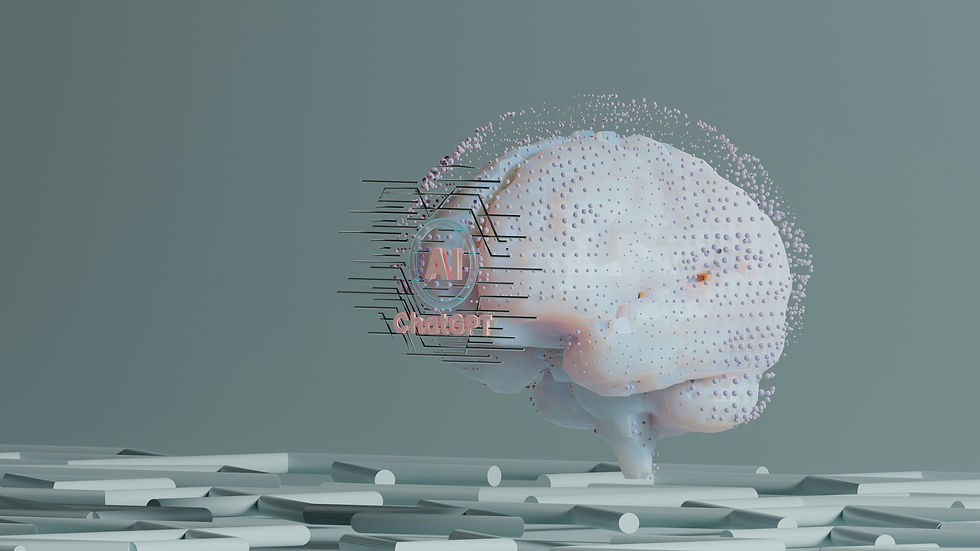Is Artificial Intelligence Making Us Lose Our Decision-Making Ability?
- HappyNass

- May 1, 2025
- 3 min read

Since the widespread launch of ChatGPT in 2023, most organizations have begun experimenting with the use of generative artificial intelligence to varying degrees. A recent study by the European School of Management (ESMT) in Berlin showed that AI can improve business efficiency and effectiveness, but over-reliance on it may weaken human decision-making abilities.
Dynamics Fueling the Overuse of AI
The study indicates that certain organizational factors within companies lead to an overreliance on AI tools in decision-making, especially in work environments with high levels of administrative delegation. Researchers found that managers often punish employees if they disobey AI recommendations, particularly when they make poor decisions.
This pattern of punishment leads employees to over-align their decisions with AI recommendations, even if they possess tacit knowledge or professional judgment to the contrary. This trend leads to substandard long-term outcomes.
The researchers point out that the problem lies not in the technical capabilities of AI itself, but rather in the behavioral and organizational incentives that shape the way these tools are used within organizations.
How can this reality be improved?
To leverage AI without sacrificing human capabilities, the study suggests rethinking how decisions are made and monitored within organizations. The solution lies in empowering managers to evaluate the rationale for decisions that contradict AI recommendations, especially when these decisions are supported by tacit knowledge or human experience that is difficult to model.
The study also calls for reforming incentive systems within organizations. Employees should not be penalized for using their own judgment instead of blindly relying on AI. Rather, rewards should be tied to the quality of the decision itself, not just its outcome.
The researchers warn that incentives that foster blind adherence to AI can lead to overreliance and deterioration in the quality of decision-making.
The Human Factor and Management Training
The study highlights the need to train managers to identify biases that may cause them to favor machine decisions over human ones. Often, favoring AI is an unconscious mechanism to avoid responsibility or blame. Therefore, managers must be aware of the limitations of AI and recognize the value of human judgment in complex or ambiguous situations.
To achieve this, the study recommends establishing clear organizational policies and guidelines that help managers understand when and how to override AI recommendations, along with reviewable frameworks that ensure a balance between accountability and trust in human expertise.
Towards an Effective Human-Machine Partnership
The ultimate goal, according to the researchers, is to build systems and organizational structures that promote effective human-machine integration. Specialists should be given real opportunities to incorporate their expertise and accurate information into the system, and even modify AI recommendations when necessary.
The goal of integrating AI into decision-making processes should be to enhance employees' capabilities, not replace them. The worst-case scenario is when these tools transform from support tools into constraints that strip humans of their authority and effective role.
The study concludes by emphasizing the importance of not focusing solely on the technical capabilities of AI, but rather carefully considering the behavioral and organizational factors that influence its use. Excessive reliance on AI can weaken our human skills and, if managers rely blindly on it, may even marginalize experts on working teams. Therefore, finding a true balance between human and machine capabilities has become an urgent necessity in the age of artificial intelligence.
Source : https://www.lebanonfiles.com/ Published on May 1, 2025








Comments